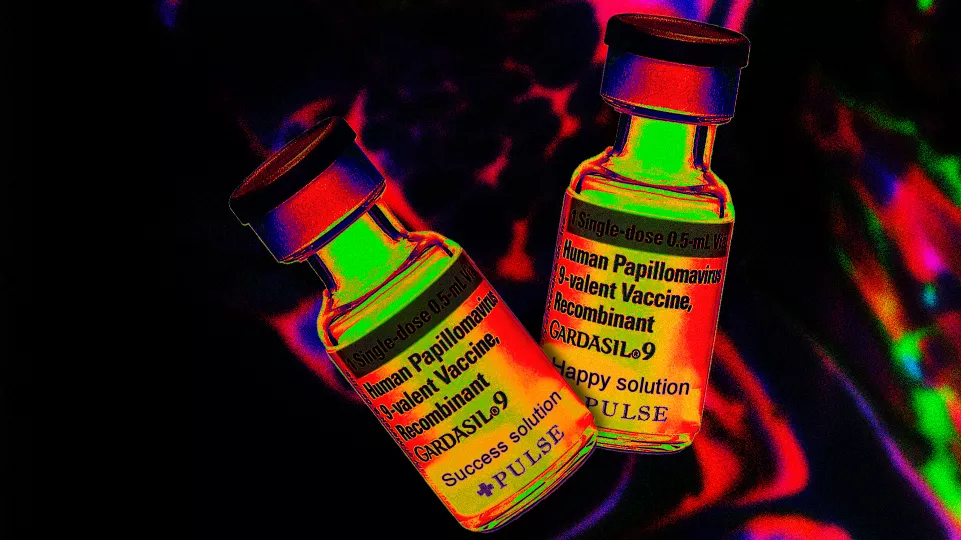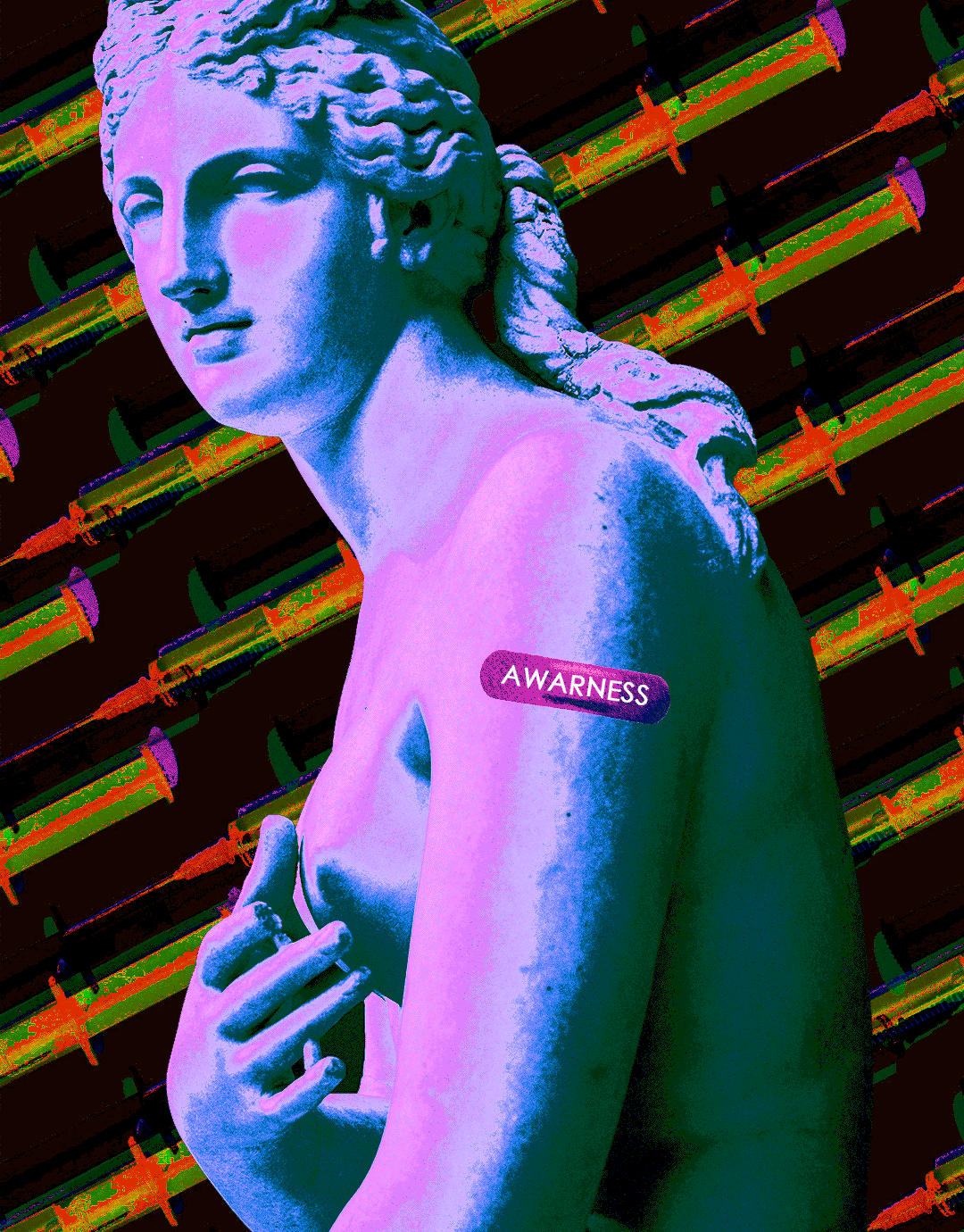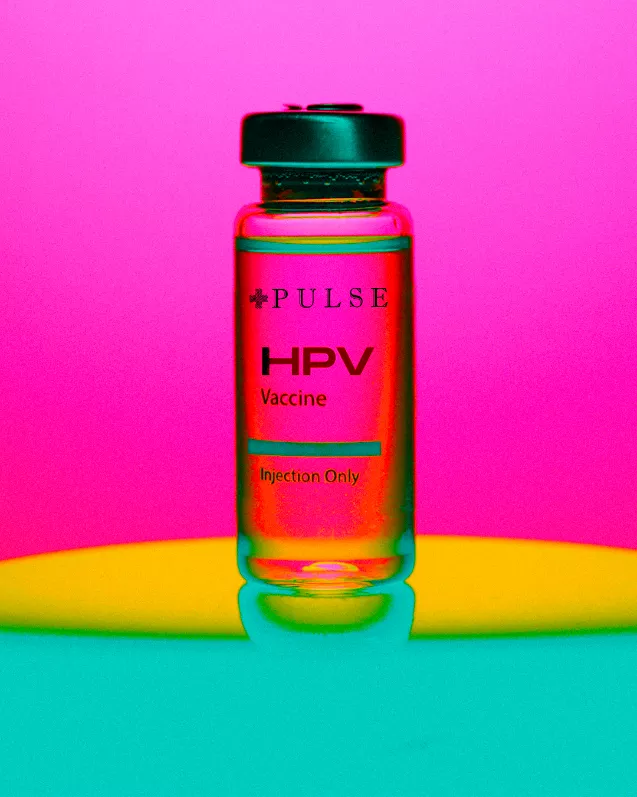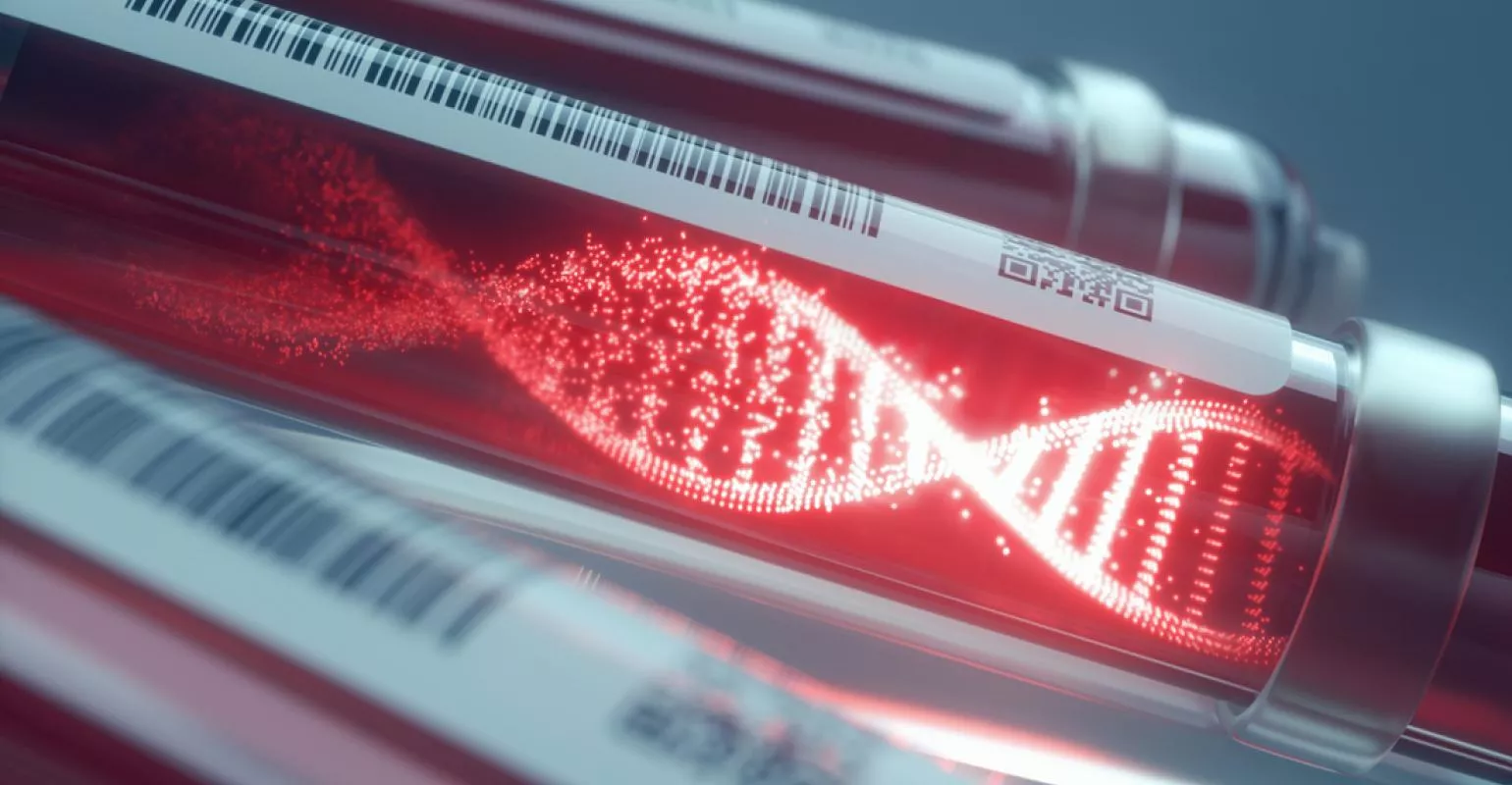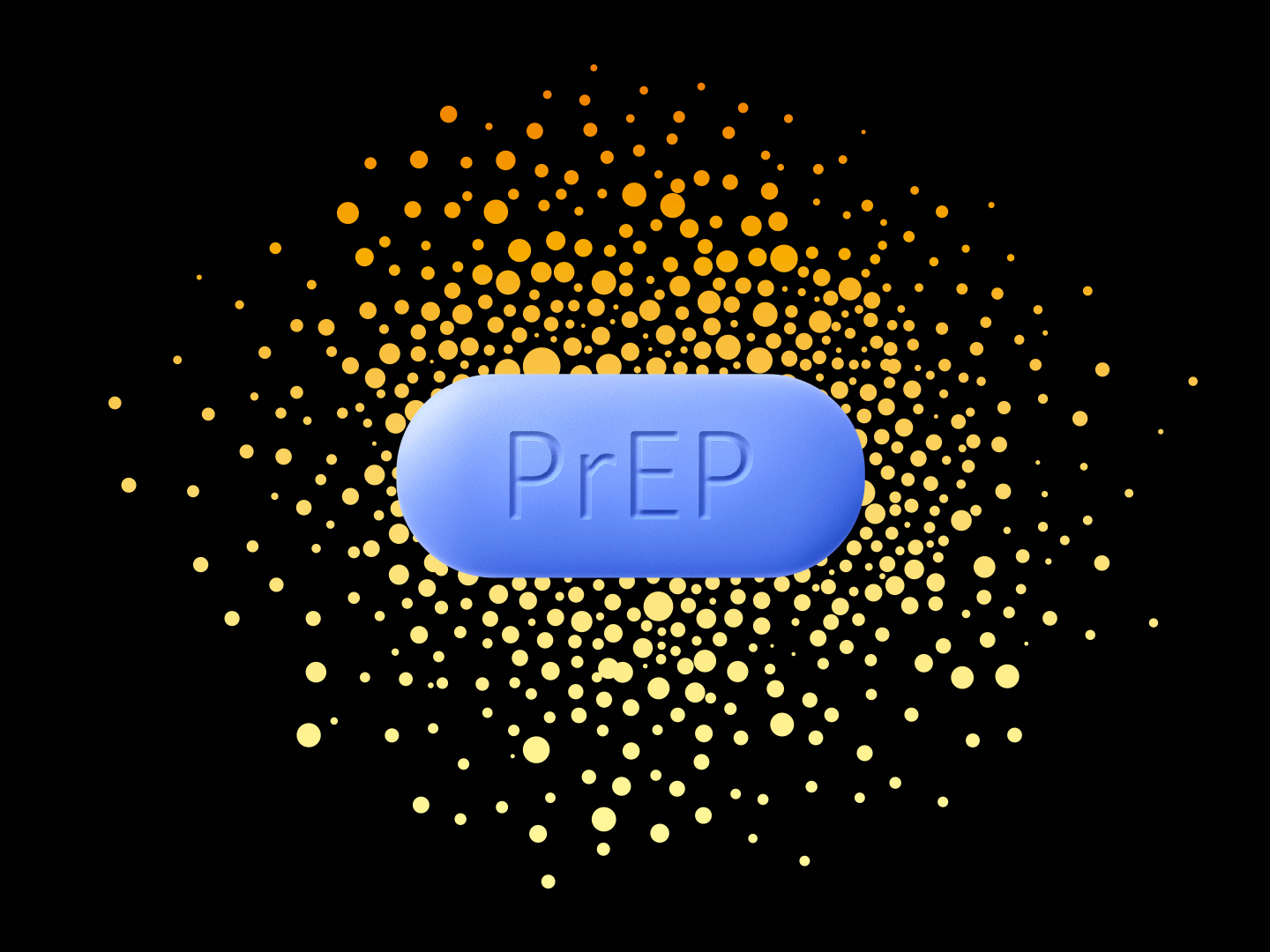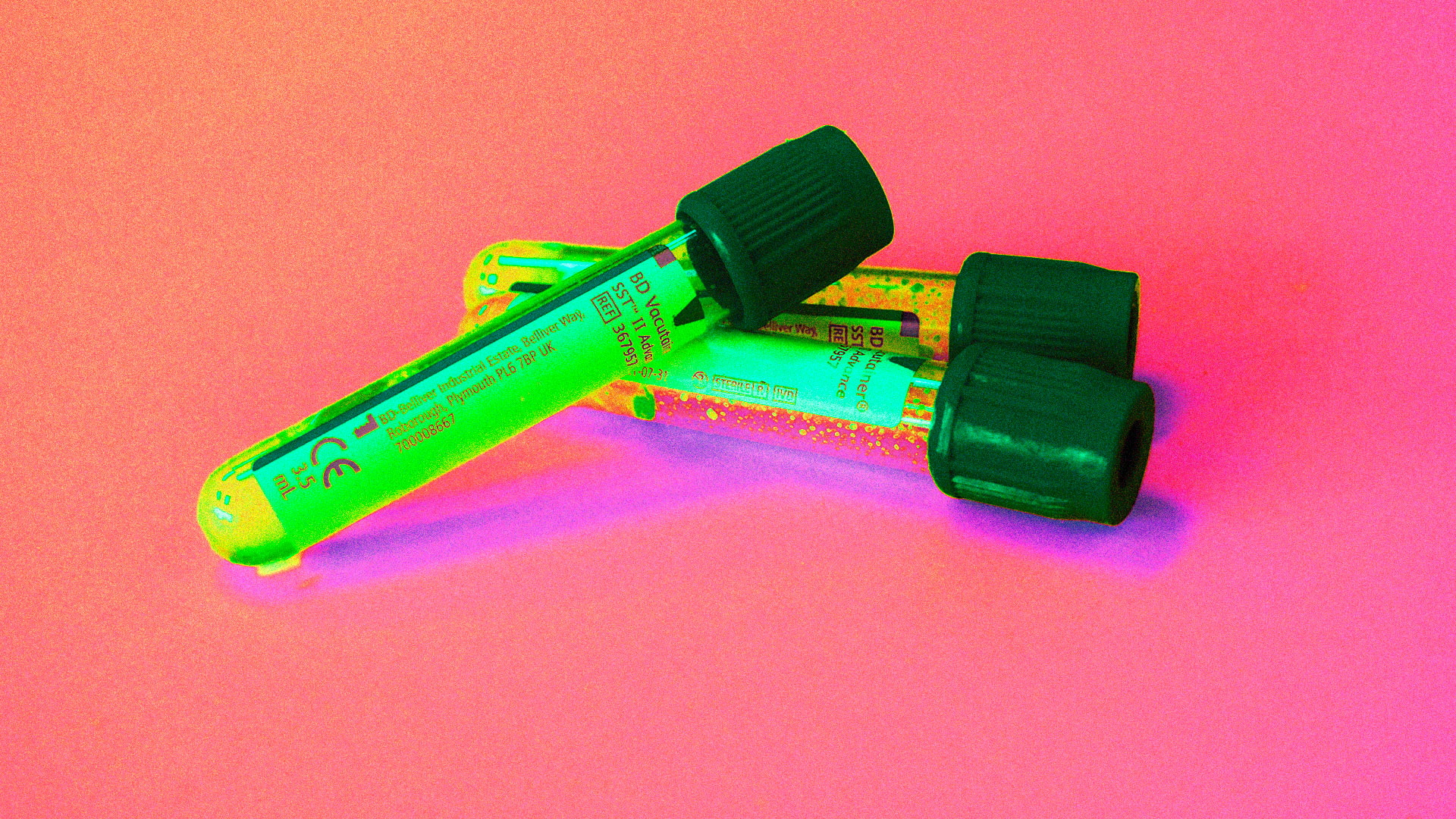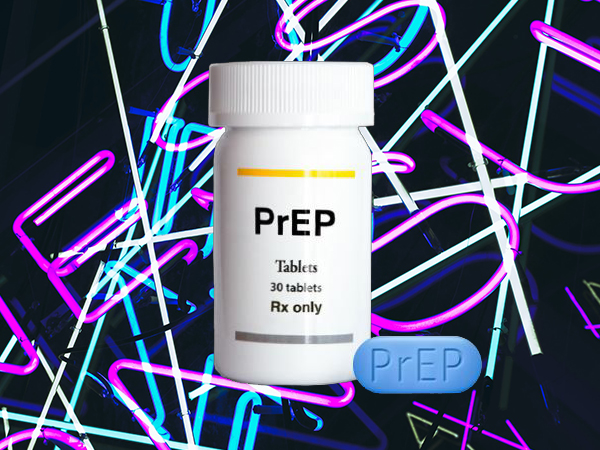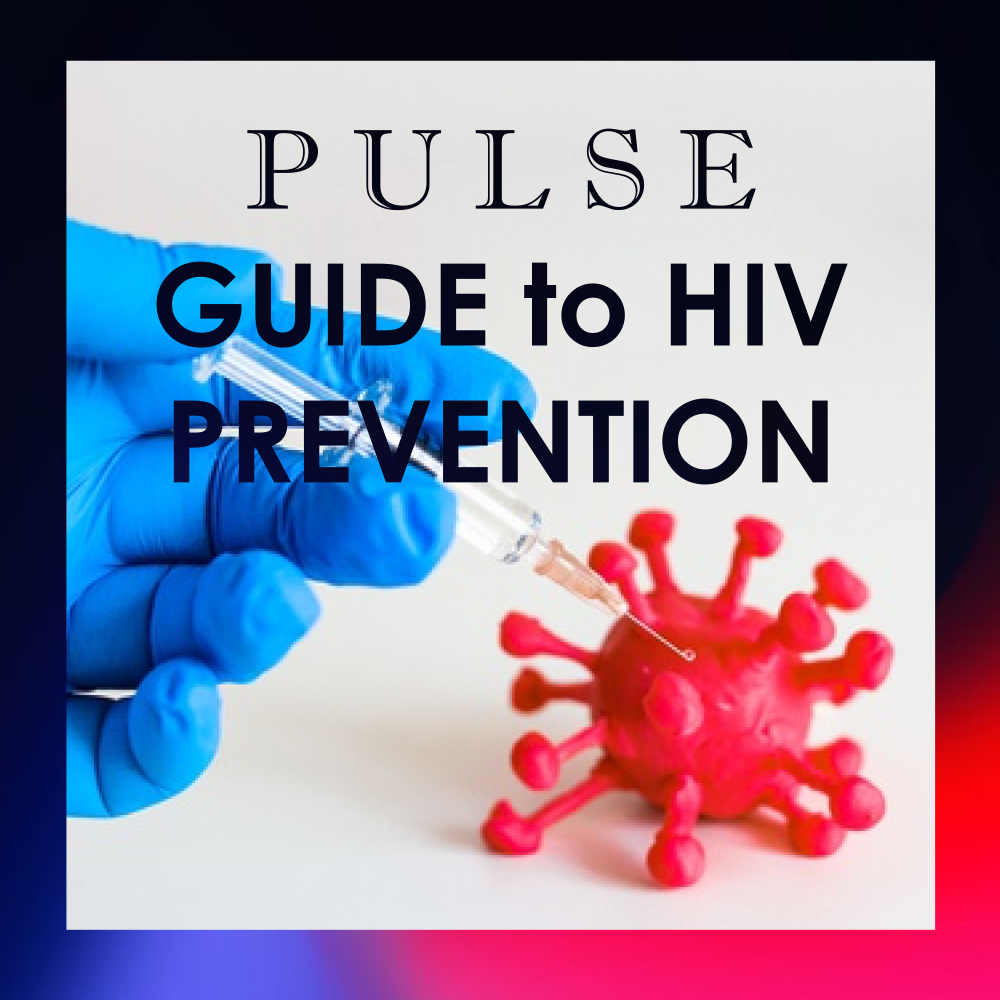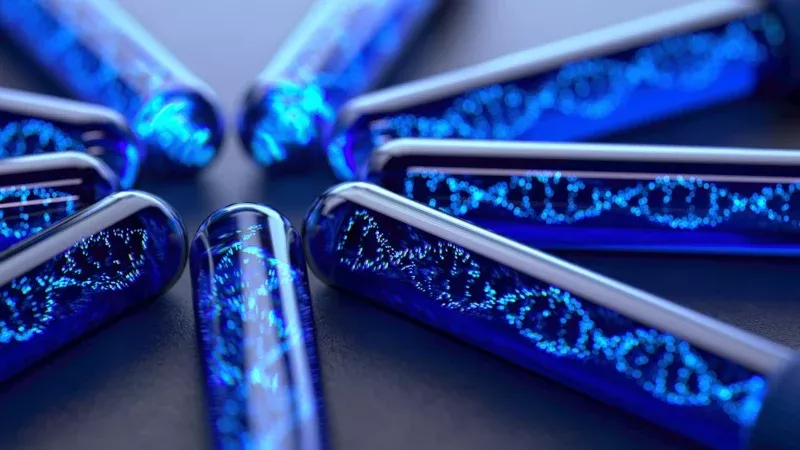HPV Vaccines FAQ - Get Vaccinated to Protect Yourself from HPV Today at PULSE Clinic
28024
The 9-valent HPV vaccine protects against HPV strains responsible for 95% of cancer. What is HPV Vaccine? Who Needs HPV Vaccine? Do Men Need it?
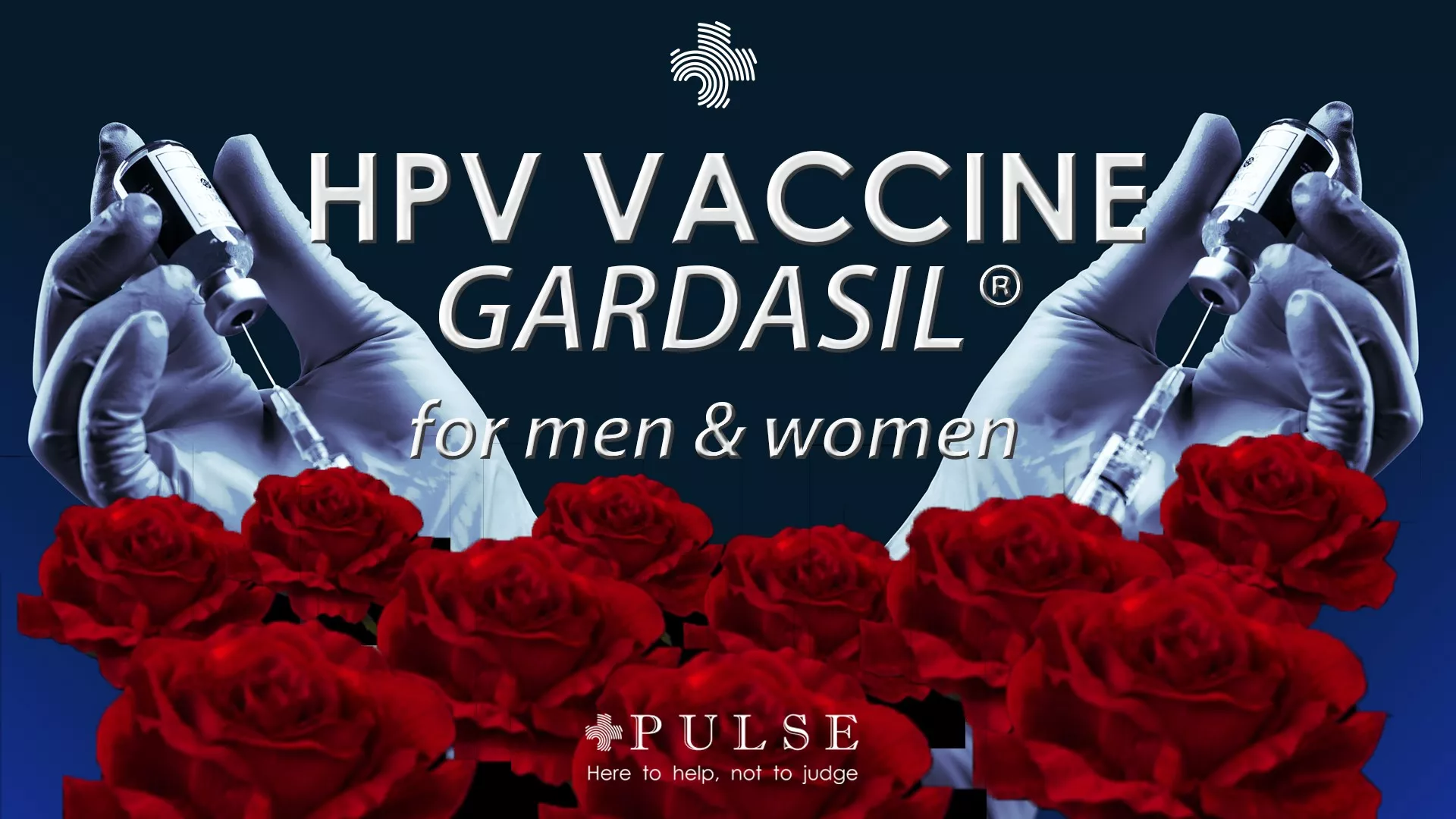
Dr.Deyn Natthakhet Yaemim | last updated 1 July 2024
Where Can I Get an HPV Vaccine in Thailand?
As you may have known there are many types of HPV (Human Papilloma Virus) and some of them such as type 6, 11, 16, 18 are the leading cause to cervical cancer in women as well as anal cancer in men. More than 9 of every 10 cases of cervical cancer are caused by HPV. HPV doesn’t only affect women. Nearly 4 out of every 10 cases of cancer caused by HPV occur among men. Every year in the U.S., over 13,000 men get cancers caused by HPV. These cancers can be largely prevented by the HPV vaccine.
HPV VACCINE PRICELIST AND PROMOTION AT PULSE CLINIC (THAILAND)
| HPV Vaccine 9 Types (Gardasil 9) | 1 Single Dose 9500THB BUY NOW | A Complete Course of 3 Doses 28200 THB 26000 THB BUY NOW |
| HPV Vaccine 4 Types (Gardasil 4) | 1 Single Dose 3600THB BUY NOW | A Complete Course of 3 Doses 10800 THB 10000 THB BUY NOW |
**For Full Course of 3 Doses on both 4/9 Types, the Doctor Fee will be complimented.
Book Your Appointment Today!
Contact us at info.bkk@pulse-clinic.com or chat on your preferred platform:
![]() +66 65 237 1936
+66 65 237 1936  @PULSEClinic
@PULSEClinic ![]() PulseClinic
PulseClinic
6 types of cancer caused by HPV
HPV can cause cancers of the:
- Anus in both men and women
- back of the throat, including the base of the tongue and tonsils (oropharynx), in both women and men
- Penis in men
- Cervix, vagina, and vulva in women
Cancer often takes years, even decades, to develop after a person gets HPV. Center of Disease Control recommends HPV vaccination at ages 11-12 to protect against these cancers. There is no way to know which people with HPV will develop cancer or other health problems. People with weakened immune systems (including individuals with HIV/AIDS) may be less able to fight off HPV and more likely to develop health problems from it.
HPV Vaccine at PULSE clinic
Three HPV vaccines are available at PULSE CLINIC have been licensed by the U.S. Food and Drug Administration (FDA) and Thai FDA.
- 9-valent HPV vaccine (Gardasil 9)
- quadrivalent HPV vaccine (Gardasil, 4vHPV)
- bivalent HPV vaccine (Cervarix, 2vHPV)
All three HPV vaccines protect against HPV types 16 and 18 that cause most HPV cancers.
Since late 2016, only Gardasil-9 (9vHPV) is distributed in the United States and globally.
This vaccine protects against nine HPV types (6, 11, 16, 18, 31, 33, 45, 52, and 58).
At what age can someone be infected with HPV?
Anyone can be infected with HPV regardless of their age.
If someone is infected with one type of HPV and their immune system clears it, are they immune to other types of HPV too?
Immunity to one type of HPV does not afford protection against the other types. The current vaccine protects against 9 different types of HPV, which protects against the types most likely to cause disease.
If a person is diagnosed with cervical HPV, does that mean they also have HPV anally if they’ve had anal intercourse, and is there a test for the presence of HPV anally?
A person found to have HPV in cells of the cervix may or may not have the infection in cells of the anus. The virus does not travel in the body; however, people often do not know when they were infected. So, it is possible that the cells of the anus could have been infected if the HPV exposure that resulted in cervical infection occurred during relations that also involved anal intercourse. In some cases, anal cells can be isolated to check for changes suggestive of cancer. However, because this type of “pap” test does not only detect changes caused by HPV, but those caused by other pathogens as well, its use is limited to certain high-risk populations, and it may or may not be able to confirm an HPV infection.
Do I need to worry about HPV if my boyfriend or girlfriend and I always use a condom?
If your boyfriend or girlfriend has an HPV infection (with or without symptoms), you can still be infected with HPV even when using a condom for two reasons.
First, because condoms aren’t foolproof at containing the virus, you could still be infected and, second, while HPV is most often transmitted during sexual intercourse, it can also be transmitted during oral sex or during genital-to-genital contact as well as direct skin-to-skin-contact. it is possible that someone who has not had intercourse could be infected with HPV and spread it to others.
Can you get HPV from someone who does not have any symptoms of HPV?
Yes, in fact, most people do not know when they are infected with HPV. So, even if your partner does not have any symptoms of an HPV infection, he or she can still pass the virus to you.
How long does it take for symptoms of HPV to appear?
People can be infected with HPV for years, or even decades, before they experience any symptoms of infection. This is why women should get regular Pap screenings. Because Pap screenings show early signs of changes in cells of the cervix (precancerous changes), treatment is often more successful than after physical symptoms, such as bleeding and pain, appear.
How soon will genital warts appear if I get infected with HPV? Am I really at risk of getting HPV?
Genital warts typically develop four weeks to eight months after contracting one of the types of HPV that cause genital warts. However, HPV can also replicate without causing symptoms for several years before genital warts appear.
If someone has skin wart or genital warts, does that mean HPV virus is still present?
Yes. If a person has outward signs of infection, such as skin wart on their body or genital warts, he or she can transmit the virus. However, it is important to realize that people can also transmit HPV when they do not have any symptoms. Additionally, even if someone has warts or genital warts removed, they may still be infected and able to transmit the virus.
How long does an HPV infection last?
HPV infections can last up to 24 months before the immune system eliminates the infection. During this time, most people do not know they are infected. This is why it is difficult to stop transmission of the virus.
HPV virus can cause persistent infections. This means that when a person is infected, the virus is reproducing in the cells that line the infected area. It does not live silently inside of cells like herpes viruses. This means that when the immune system “clears” the infection, it is no longer present, so it cannot be spread to someone else.
How does HPV cause cancer?
HPV infects epithelial cells that line mucosal surfaces of the body. When HPV enters these cells, such as in the throat, genital tract or anus, it causes the cells to produce HPV proteins. In most cases, the immune system recognizes the cells that are infected and eliminates them, clearing the infection. However, in some instances a persistent infection occurs causing the cells to mutate, or change. These mutations can ultimately lead to cancer.
Is there a test to determine if I have HPV?
Yes. There are many tests available.
| HPV Test | Recommendations | Price |
| ThinPrEP | Women aged 21 to 65 should have a ThinPrep test every three years. Women aged 30 and over can opt for a combination ThinPrep and HPV test every five years. | 1550THB (7 working days) |
| HPV DNA Test | Women aged 30 and over should consider having an HPV DNA test every five years, often in combination with a Pap smear for more comprehensive screening. MSM and HIV-positive people should consider having an annual HPV DNA test to help in the early detection and management of HPV-related conditions. | 2250THB (10 working days) |
| HPV Genoarray | The HPV GenoArray test can be performed as part of routine cervical cancer screening for women aged 30 and over, typically every five years when combined with ThinPrep. For individuals at higher risk or with persistent infections, more frequent testing may be recommended. | Urine (for men) - 3550THB (15 working days) Cervical, Anal Swab - 4150THB (10 working days) |
*For PULSExpress, additional fee of 300THB may be applied on swab test.
Book Your Appointment Today!
Contact us at info.bkk@pulse-clinic.com or chat on your preferred platform:
![]() +66 65 237 1936
+66 65 237 1936  @PULSEClinic
@PULSEClinic ![]() PulseClinic
PulseClinic
Information about the vaccine
There are 3 types of HPV vaccine, all of them are non-infectious vaccine
- 2v = bivalent HPV vaccine (Cervarix, HPV 16, 18)
- 4v = quadrivalent HPV vaccine (Gardasil®4, HPV 6, 11, 16, 18)
- 9v = nonavalent HPV vaccine (Gardasil®9, HPV 6, 11, 16, 18, 31, 33, 45, 52, 58)
2v, 4v, 9v all target HPV 16, 18 which are the cause of cervical cancer (66%) and are the main cause of HPV-associated cancers in male and female (6 types mentioned above).
Both 4v, 9v also work to prevent HPV 6, 11 which are the main causes of anal wart and genital wart.
9v has prevention for 5-additional types; HPV 31, 33, 45, 52, 58 which are 15% cause of cervical cancer.
9v HPV vaccine (9vHPV, Gardasil®9, Merck&Co.) has been licensed from USFDA to be used among male and female since December 2014.
In February 2015, the Advisory Committee on Immunization Practice (ACIP) recommended that Gardasil®9 used for cancer prevention among male and female. It is widely used for prevention in developed countries.
How Well Do These Vaccines Work?
HPV vaccination works extremely well. HPV vaccine has the potential to prevent more than 90% of HPV-attributable cancers.
- Since HPV vaccination was first recommended in 2006, infections with HPV types that cause most HPV cancers and genital warts have dropped 88% among teen girls and 81% among young adult women.
- Fewer teens and young adults are getting genital warts.
- HPV vaccination has also reduced the number of cases of precancers of the cervix in young women.
- The protection provided by HPV vaccines lasts a long time. People who received HPV vaccines were followed for at least about 12 years, and their protection against HPV has remained high with no evidence of decreasing over time.
How long after receiving the HPV vaccine does it take for the vaccine to work?
The immune system takes one to two weeks to generate immunity to vaccines or infections. In the case of HPV vaccine, the first dose (and the second one if the person is on the three-dose series) generates a primary immune response, so people will have some immunity, but protection can vary from one person to another. The last dose (given at least six months after the first dose) is important because it enhances the memory immune response. A person will have the greatest protection beginning about one to two weeks after receiving their last dose of the vaccine.
If you started with 2v or 4v, can you complete with 9v?
YES, you can. If you completed 2v or 4v course, do you need to receive 9v course again, what would we suggest?
- Most HPV-related cancers are caused by HPV 16, 18 which is already covered by 4v or 2v.
- The benefit of 5-additional types (9v) would be for women, as mentioned above (HPV 31, 33, 45, 52, 58 which are 15% cause of cervical cancer.)
- You still need cervical cancer screening from age 21-65 years old regardless if you are a vaccinated or unvaccinated women.
The HPV vaccine is safe and highly efficacious, and can significantly reduce the burden of HPV-related genital warts and cancers among men, in addition to promoting herd immunity.
Who should get the HPV vaccine and how many doses?
The HPV vaccine is highly recommended for
- Adolescents between 9 and 12 years of age. Younger than 15 years old: Two doses separated by 6 months.
- All teenagers and adults older than 15 years of age who did not get the vaccine when they were younger.
15 years and older: Three doses of HPV vaccine with the second dose given one to two months after the first, and the third dose given six to 12 months after the first - Individuals above 27 years of age can also discuss vaccination with their healthcare provider and receive the vaccine if they decide it can protect them from HPV infection.
Three doses of HPV vaccine with the second dose given one to two months after the first, and the third dose given six to 12 months after the first.
When to start HPV Vaccine and how many doses do I need?
As soon as possible. In October 2016 ACIP recommended HPV dosage according to age starting the first dose.
- Age less than 15 years old: 2-doses regimen (day 1 and month 6)
- Age above 15 years old: 3-doses regimen (day 1, month 1-2, month 6)
- Immunocompromised people such as HIV infected patient: 3-doses regimen (day 1, month 1-2, month 6) regardless of age
Why should straight men be immunized?
Straight men attending sexual health and HIV clinics are known to have a higher risk of HPV infection and disease. The risk of anal cancer in gay men is higher than in heterosexual men. If you're living with HIV, this risk is higher again. HPV vaccine is a very effective way to reduce your risk of genital warts and your risk of developing cancer caused by HPV.
Although HPV is a known cause of cervical cancer, the virus can also cause other cancers of the reproductive tract, anal cancer, penile cancer, genital warts, and on occasion, cancers of the head and neck. In fact, about 4 of every 10 cases of HPV-related cancers occur in boys or men. Because vaccinating boys will also decrease the spread of the virus, they will not only protect themselves, but also their sexual partners.
Why should gay men be immunized?
Gay men attending sexual health and HIV clinics are known to have a higher risk of HPV infection and disease. The risk of anal cancer in gay men is higher than in heterosexual men. If you're living with HIV, this risk is higher again. HPV vaccine is a very effective way to reduce your risk of genital warts and your risk of developing cancer caused by HPV.
I got all necessary doses of the HPV vaccine. Do I still need to get Pap tests?
Yes. The HPV vaccine does not contain all types of HPV that can cause cervical cancer; therefore, it is important to continue getting Pap tests.
If I have had an abnormal Pap test in the past, can I still get the HPV vaccine?
Yes. You should still get the HPV vaccine even if you have had an abnormal Pap test because even if you have been infected with HPV, it is not likely that you have been infected with all of the types that the vaccine protects against. So, you can still benefit from protection afforded by the HPV vaccine.
Add us on Line and stay in touch.
Can a person spread HPV to someone after getting the HPV vaccine?
The HPV vaccine protects against nine types of HPV. Two earlier versions protected against two or four types. The types of HPV in the vaccine protect against the most common causes of cancer and genital warts. If, after being vaccinated, a person is exposed with a type of HPV that was included in the vaccine, he or she is unlikely to be infected and, therefore, wouldn’t spread the virus. However, if a vaccinated person is exposed to an HPV type not in the vaccine, they could potentially be infected and spread the virus to others.
If I have received the first dose of HPV vaccine, is it safe to be intimate? Am I protected from HPV?
People who have received one dose of the HPV vaccine may have some protection, but the additional dose or doses (depending upon age) offer additional protection. Further, if you or your partner were already infected with a type of HPV, the vaccine will not prevent transmission of that HPV type.
If someone already has HPV, does it help to get the HPV vaccine?
Yes. Typically, people with HPV have not been infected with all of the types contained in the vaccine, so the vaccine could protect them from types to which they have not been exposed previously. However, the vaccine will not help treat or protect against types of HPV to which the person has already been exposed.
Book Your Appointment Today!
Contact us at info.bkk@pulse-clinic.com or chat on your preferred platform:
![]() +66 65 237 1936
+66 65 237 1936  @PULSEClinic
@PULSEClinic ![]() PulseClinic
PulseClinic
I have received two doses of the HPV vaccine but missed my third dose. Do I need to start again?
For those 15 years of age and younger, the HPV vaccine is now given in two doses. So, depending on your age, you may not need a third dose:
- If you are under 15 years old and your first two doses were at least six months apart, you do not need a third dose.
- If you are 15 years or older, you still need the third dose; it should be separated from the first dose by six to 12 months. It does not need to be restarted if a longer period of time has passed.
I didn't get the last dose of the HPV vaccine. Do I need to start over again?
No. You can resume where you left off.
Possible Side Effects of The HPV Vaccine
Possible side effects Like any vaccine or medicine,
HPV vaccination can cause side effects.
The most common side effects are mild and include:
- Pain, redness, or swelling in the arm where the shot was given
- Dizziness or fainting (fainting after any vaccine, including HPV vaccine, is more common among adolescents)
- Nausea
- Headache
The benefits of HPV vaccination far outweigh any potential risk of side effects.
Who Should Not Get HPV Vaccine?
Tell your doctor about any severe allergies. Some people should not get some HPV vaccines if:
- They have ever had a life-threatening allergic reaction to any ingredient of an HPV vaccine, or to a previous dose of HPV vaccine.
- They have an allergy to yeast (Gardasil and Gardasil 9).
- They are pregnant.
HPV vaccines are safe for children who are mildly ill, like those with a low-grade fever of less than 101 degrees, a cold, runny nose, or cough. People with a moderate or severe illness should wait until they are better.
Trust PULSE CLINIC to take care of your health like other 45000 people from over 130 countries. We provide discreet professional service with high privacy. Here to help, not to judge.
Loading...
Clinic Locations
Loading...


